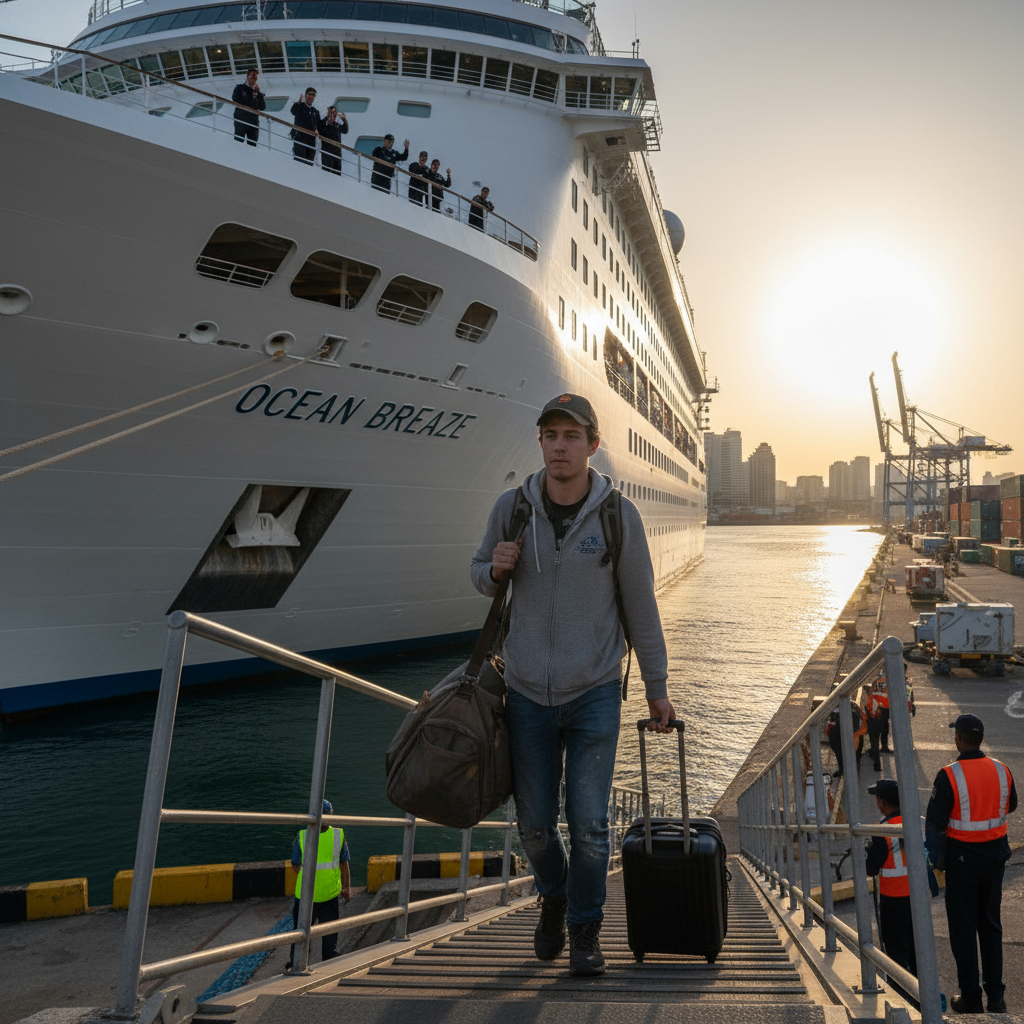
Navigating Your First Cruise Ship Contract: A Seafarer’s Guide
Introduction
Embarking on your first cruise ship contract is an exciting milestone in any maritime career. However, the complexities of contracts, working conditions, and onboard expectations can be overwhelming for newcomers. This comprehensive guide demystifies the process and equips you with the knowledge to confidently navigate your initial contract, ensuring a smooth and rewarding shipboard experience in 2025.
Understanding Cruise Ship Contracts
A cruise ship contract is a legal agreement between you and the employer — typically the cruise line or a crewing agency — that outlines your duties, salary, benefits, duration of employment, and onboard rules. Before signing, it’s crucial to review:
- Contract length (commonly 6 to 9 months)
- Monthly salary and payment schedule
- Working hours and days off
- Accommodation and meals arrangements
- Health insurance and medical coverage
- Repatriation clauses (return home conditions at contract end or emergencies)
- Termination conditions and penalties
Key Elements to Look for in Your Contract
1. Job Description and Expectations
Make sure your role is clearly defined—whether you’re cabin crew, hospitality staff, or technical personnel. Understanding your exact duties prevents misunderstandings once onboard.
2. Salary and Compensation
Verify your gross and net pay, currency, and any additional allowances such as tips, overtime, or bonuses. Some cruise lines offer travel reimbursements or incentive programs.
3. Contract Duration and Extensions
Contracts usually last from six to nine months. Confirm if extensions are possible and under what terms, especially if you wish to continue or upgrade your position for future contracts.
4. Work Hours and Rest Periods
International regulations like the Maritime Labour Convention govern maximum work hours and minimum rest to protect your well-being. Your contract should reflect these standards.
5. Accommodation and Onboard Facilities
Crew cabins are often shared and small, but amenities such as gyms, recreation areas, and dining options might be offered. Assess what’s included to plan for your comfort.
6. Insurance and Medical Care
Health insurance coverage and access to onboard or port medical facilities should be clearly described in your contract. Seafarers need reassurance about safety and health during long contracts.
Important Tips Before Signing
- Read carefully: Don’t rush through the contract. Clarify any ambiguous terms with your agency or employer.
- Verify authenticity: Ensure your employer is reputable and contract templates comply with international maritime laws.
- Keep copies: Store signed documents securely, including any amendments.
- Seek advice: If possible, consult experienced seafarers or maritime labor organizations before committing.
What to Expect After Signing
Once hired, you’ll typically attend:
- Pre-joining medical exams confirming your fitness to work at sea
- Security background checks for ISPS compliance
- Mandatory safety and STCW training before boarding
Be prepared mentally for the dynamic lifestyle onboard—a mix of hard work, cultural diversity, and travel adventures.
Handling Challenges on Your First Contract
- Communication: Maintain clear dialogue with supervisors about workload and any concerns.
- Time Management: Balance work duties with rest and social activities to avoid burnout.
- Documentation: Keep all personal and professional shipboard records updated, including licenses and training certificates.
Conclusion
Navigating your first cruise ship contract efficiently is key to a successful career at sea. Knowledge of contract terms, rights, and onboard life empowers you to focus on growing your skills, meeting new people, and enjoying the unique experience of working in the cruise industry. Bookmark this guide, share it with fellow seafarers, and explore more career resources on the blog to stay informed and prepared in 2025.